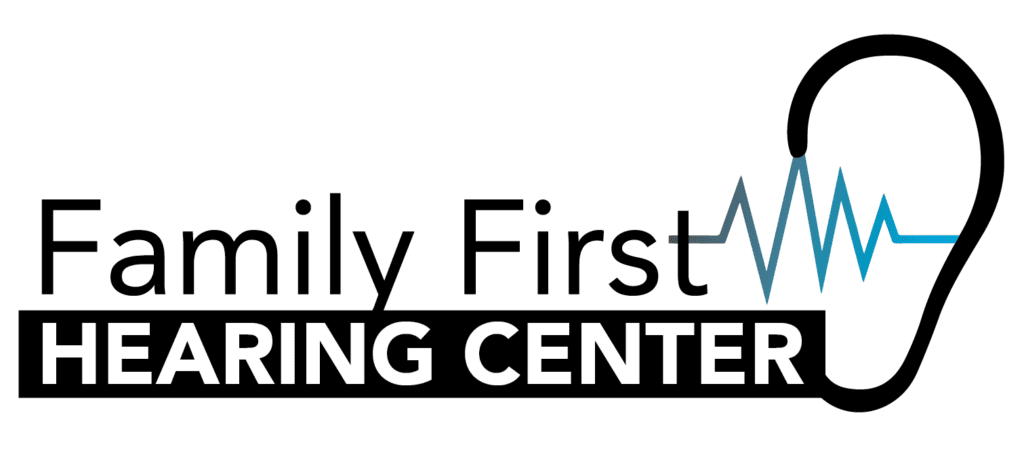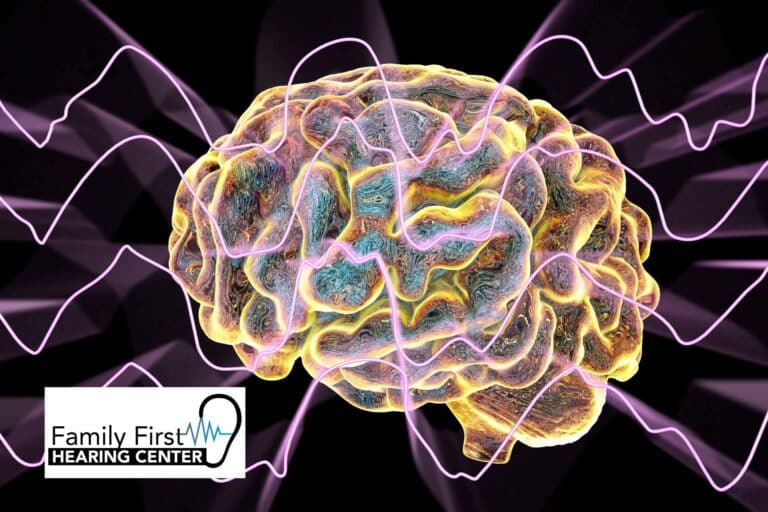Hearing is an essential sense that plays a crucial role in how we interact with the world around us. It allows us to communicate, enjoy music, stay aware of our surroundings, and much more. In this article, we delve into the science of how we perceive and process sound, with insights from the experts at Family First Hearing Center.
The Journey of Sound Waves
Sound waves are vibrations that travel through the air and are captured by our ears. The journey of sound begins with these waves entering the outer ear, specifically the pinna and ear canal, which guide the sound waves towards the eardrum. The eardrum vibrates in response to these waves, marking the first step in the auditory process.
From Vibration to Electrical Signals
The middle ear contains three tiny bones known as the ossicles (malleus, incus, and stapes) that work to amplify the vibrations from the eardrum. These vibrations are then transmitted to the cochlea in the inner ear. The cochlea is a spiral-shaped organ filled with fluid and lined with tiny hair cells that convert these vibrations into electrical signals. These hair cells play a crucial role in our ability to hear.
Brain’s Role in Processing Sound
Once the cochlea converts the vibrations into electrical signals, these signals travel along the auditory nerve to the brain. The primary auditory cortex is responsible for decoding these signals, allowing us to perceive and understand different sounds. The brain is also adept at distinguishing various sounds and recognizing speech, making it possible for us to communicate effectively.
Aging and Hearing
As we age, our auditory system undergoes changes that can affect our hearing. Common issues include presbycusis (age-related hearing loss), tinnitus, and difficulties in understanding speech, particularly in noisy environments. Regular hearing check-ups and early diagnosis are vital to manage these conditions effectively and maintain quality of life.
Advances in Hearing Aids and Technology
Modern hearing aids have come a long way in assisting individuals with hearing loss. The latest advancements in hearing aid technology offer improved sound quality, comfort, and connectivity. At Family First Hearing Center, we provide customized hearing solutions tailored to the unique needs of each patient, ensuring the best possible outcomes.
Understanding how we hear enhances our appreciation of this remarkable sensory system. Regular hearing assessments are crucial to detect and address hearing issues early. We encourage you to contact Family First Hearing Center for expert advice and services to protect and improve your hearing health.



